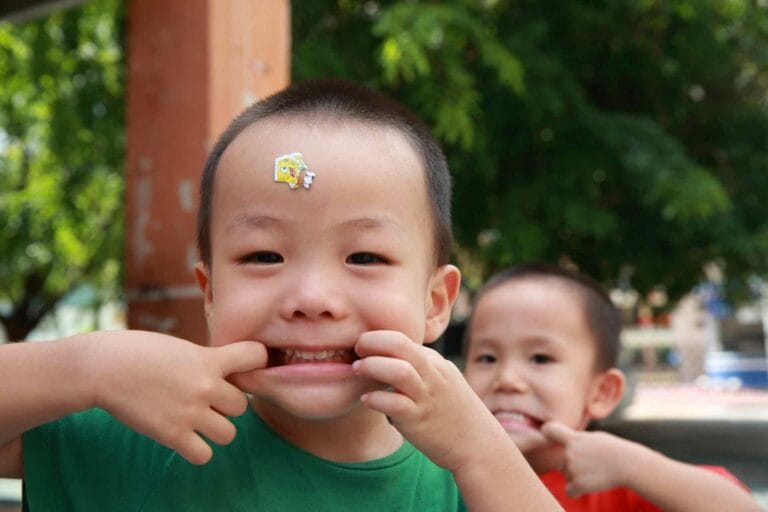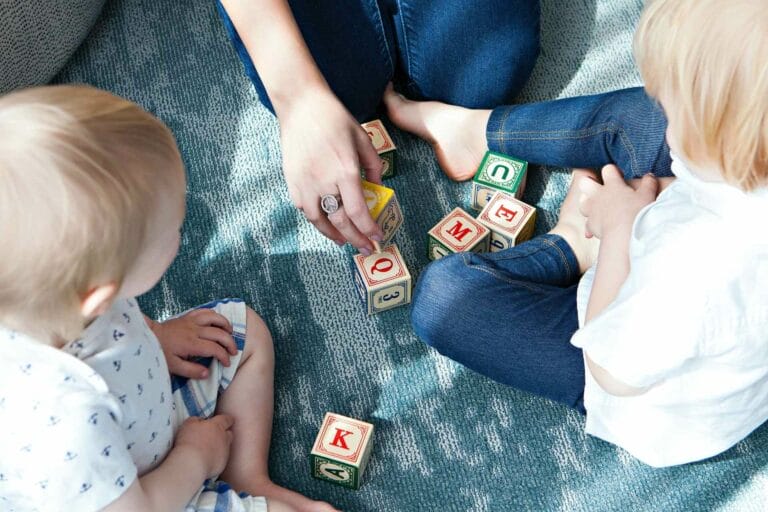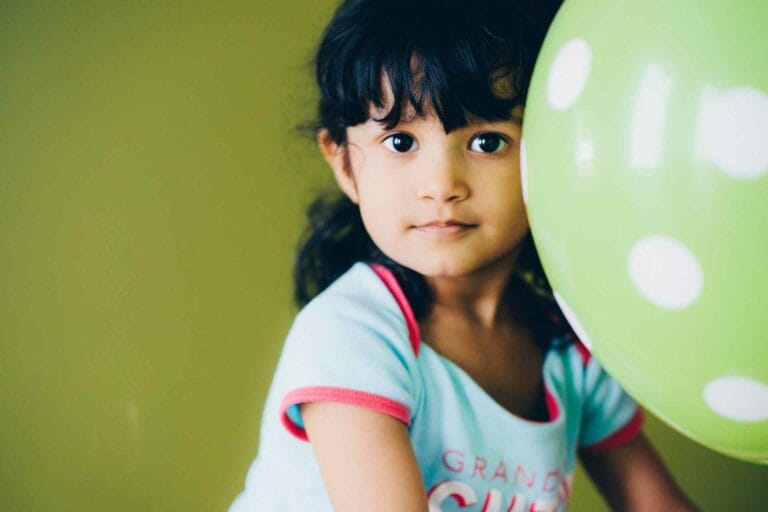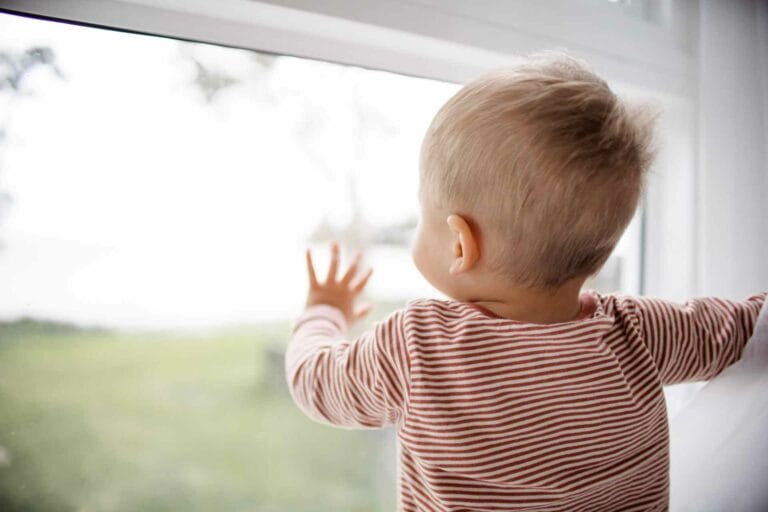Is your child really misbehaving?
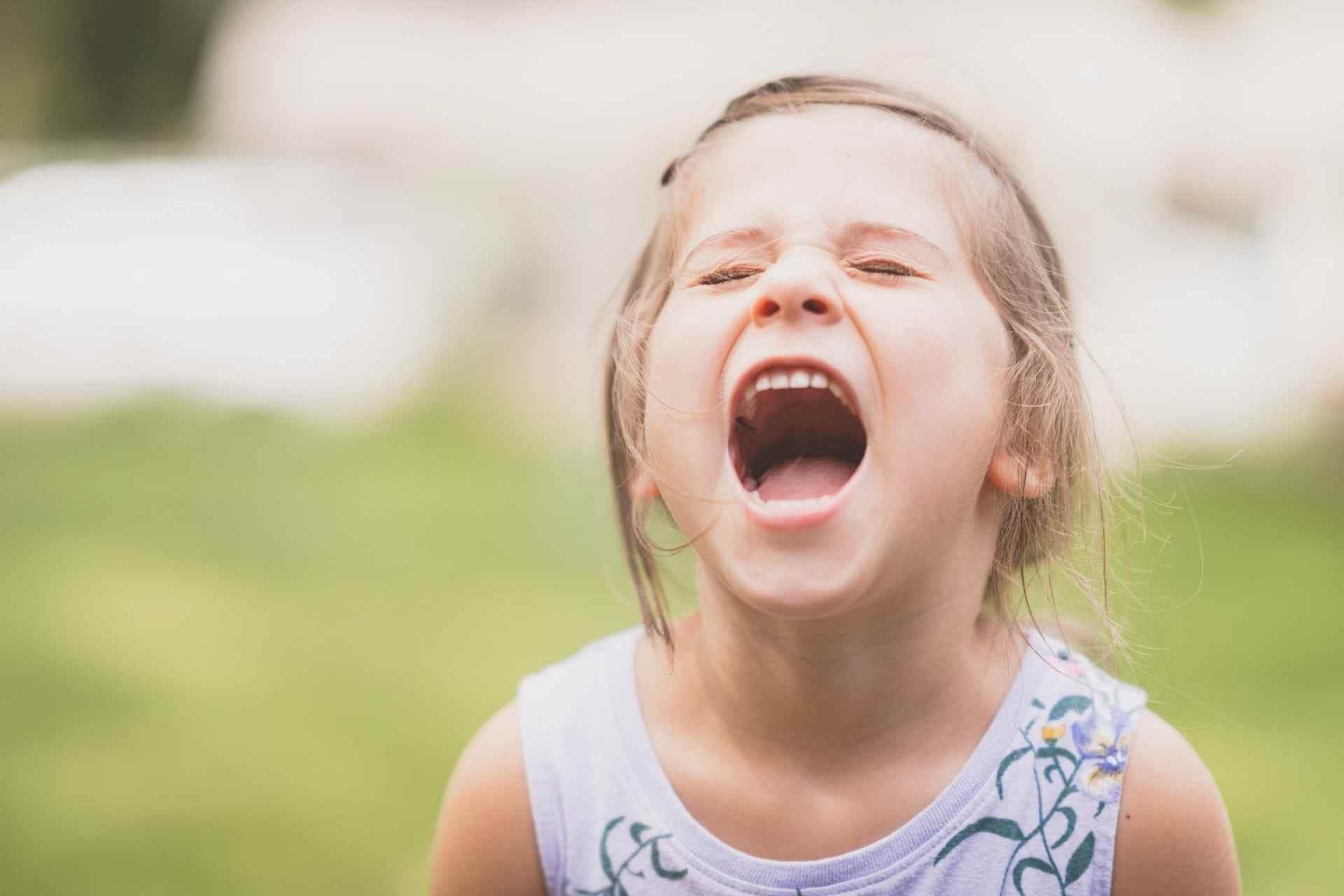
We tend to think of behaviour as intentional actions – choices children make to behave in a certain way. And so we also tend to think of ‘misbehaviour’ as intentional actions. A choice children make to do something they know is wrong. But is your child really misbehaving? What if I was to tell you that most of what we view as misbehaviour in our children is actually STRESS behaviour?
No amount of consequences, punishments or threats will put an end to stress behaviour.”
What is stress behaviour?
Stress behaviour occurs when the demands of a situation outweigh the resources available to a child to deal with that situation. For example:
- They have big feelings and they don’t know how to manage them
- They are feeling overwhelmed by sensory input and can’t calm down
- You’ve asked them to do something they don’t know how to do
- You’ve asked them to do something but they are already tired/hungry/anxious/scared
If your child is unable to meet these demands, their brain experiences this as threatening and your child’s stress response – the fight/flight/freeze response – is activated.
The fight/flight/freeze response prepares your child to escape from threats and keeps them safe. And when it’s activated, the prefrontal cortex – the area of the brain responsible for planning, reasoning, problem-solving and impulse control – goes offline. The brain goes into survival mode and your child is no longer choosing their response. In fact, in this state of heightened arousal, they have very little control over their actions at all. They are just trying to stay safe.
Behaviour is communication
You’ve probably heard this phrase before. And while it’s true, behaviour is also more than just communication. Behaviour tells us about a child’s level of arousal or nervous system activation. It tells us how well they are coping with stress.
We can tell whether a child’s fight/flight/freeze response has been activated by observing their behaviour. When your child is feeling safe and well-regulated, they are able to make intentional choices about how to behave.
But if your child is stressed, you might witness them yelling, hitting, kicking, arguing or pacing (that’s fight in action). You may see them running away, hiding, or avoiding tasks (that’s flight in action). And you may notice them staring into space, appearing not to pay attention or having trouble listening or responding to you (that’s freeze in action).
Children need connection & co-regulation, not consequences
No amount of consequences, punishments or threats will put an end to stress behaviour. Because stress behaviour is not intentional misbehaviour. It is the stress response in action.
When we punish a child for stress behaviour, we only add more stress to an already overloaded nervous system. And in doing so, we actually increase the likelihood of our child engaging in further challenging behaviours.
What your child needs when they feel threatened is safety. They need help to switch off the stress response and bring their prefrontal cortex back online so they can make intentional choices again.
We can do this by co-regulating with our children. By lending them our regulated nervous system and helping them feel safe. A child’s underdeveloped nervous system cannot calm down without the help of a fully developed one. The human brain is wired for connection. So if you want to help your child feel safe, the key is to find a way to connect with them.
A helpful phrase to connect with your child in these difficult moments is “You wanted…”
- You wanted that cookie and mummy said no
- You wanted to do it yourself
- You wanted to keep drawing
- You wanted to talk to your brother and he ignored you
This helps children feel seen, heard and understood. And when children feel heard and understood they are able to move on and calm down. Connecting with our kids and helping them calm down is what helps them learn to do it themselves. ‘Co-regulation’ is the first step towards ‘self-regulation’. One cannot happen without the other.
Children behave in challenging ways when they lack the skills not to
Kids do well when they can. If your child is struggling to meet your behavioural expectations, it’s because they are too stressed to access the skills they need OR they still haven’t learned the skills they need to be successful.
But if we want to teach them these skills, we need to help them calm down first. Because no learning can take place when a person is in fight or flight mode. The focus of the brain at that time is on safety. So avoid trying to lecture, teach, or reason with a distressed child, and instead, focus on co-regulation until they have calmed down.
Then, and only then, can you teach them what to do next time.
To do this, simply talk to your child. Acknowledge that they were having trouble. Acknowledge that feeling out of control in your own body feels awful. And ask them if they’d like to think about how to prevent that from happening again in the future. When your child is involved in finding a solution together with you, they are much more likely to implement it, because they feel a sense of ownership over it.
While it won’t happen overnight, eventually, with lots of practice, support and empathy from you, your child will learn how to better manage their stress. They will develop the skills they need to behave differently. And connected, well-regulated kids who know what to do and how to do it, behave well. Not perfectly – but like children.
We hope that this article has helped you support your child and their stress behaviour. If you would like to find out more about our service you can book a tour or send us a message.

Written By
Sarah Conway, Mindful Little Minds
